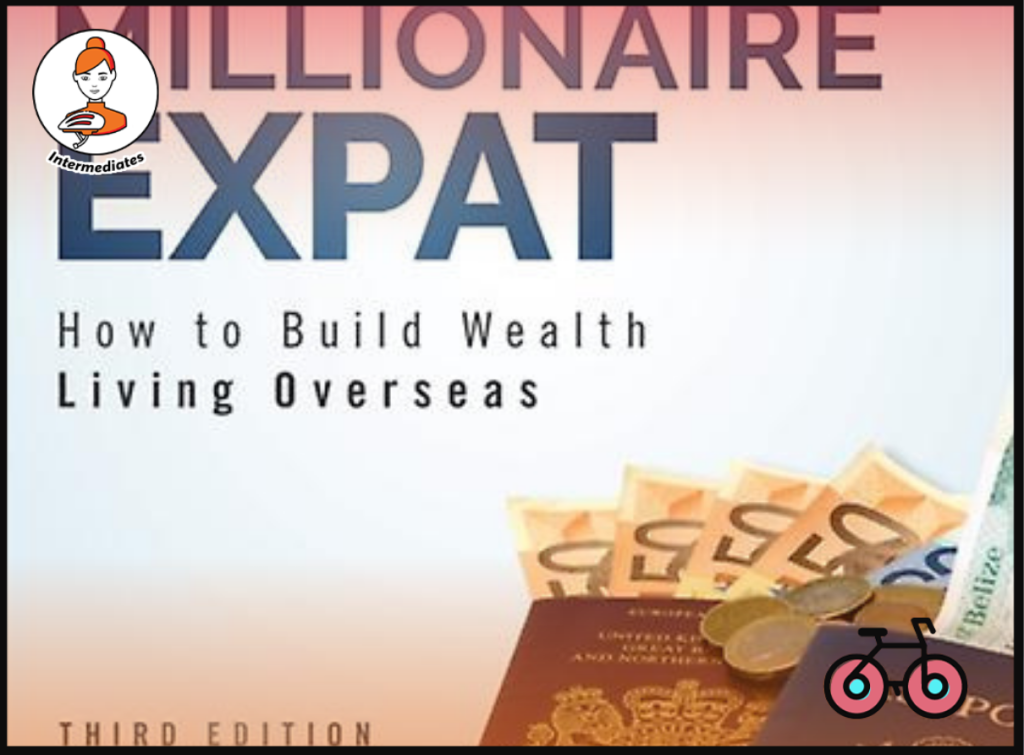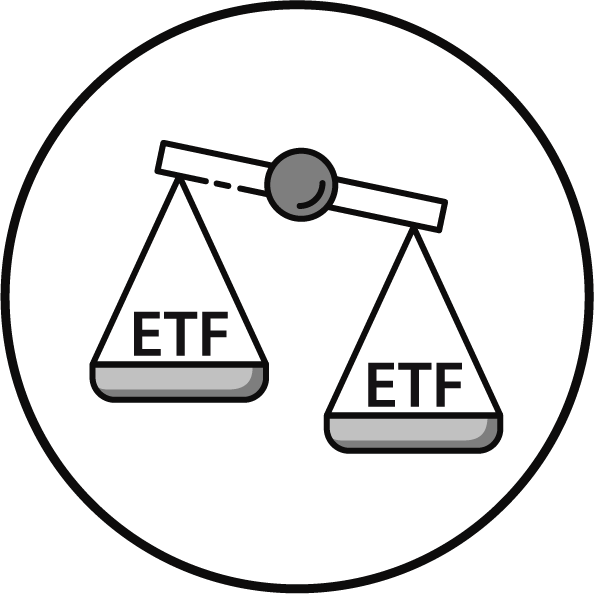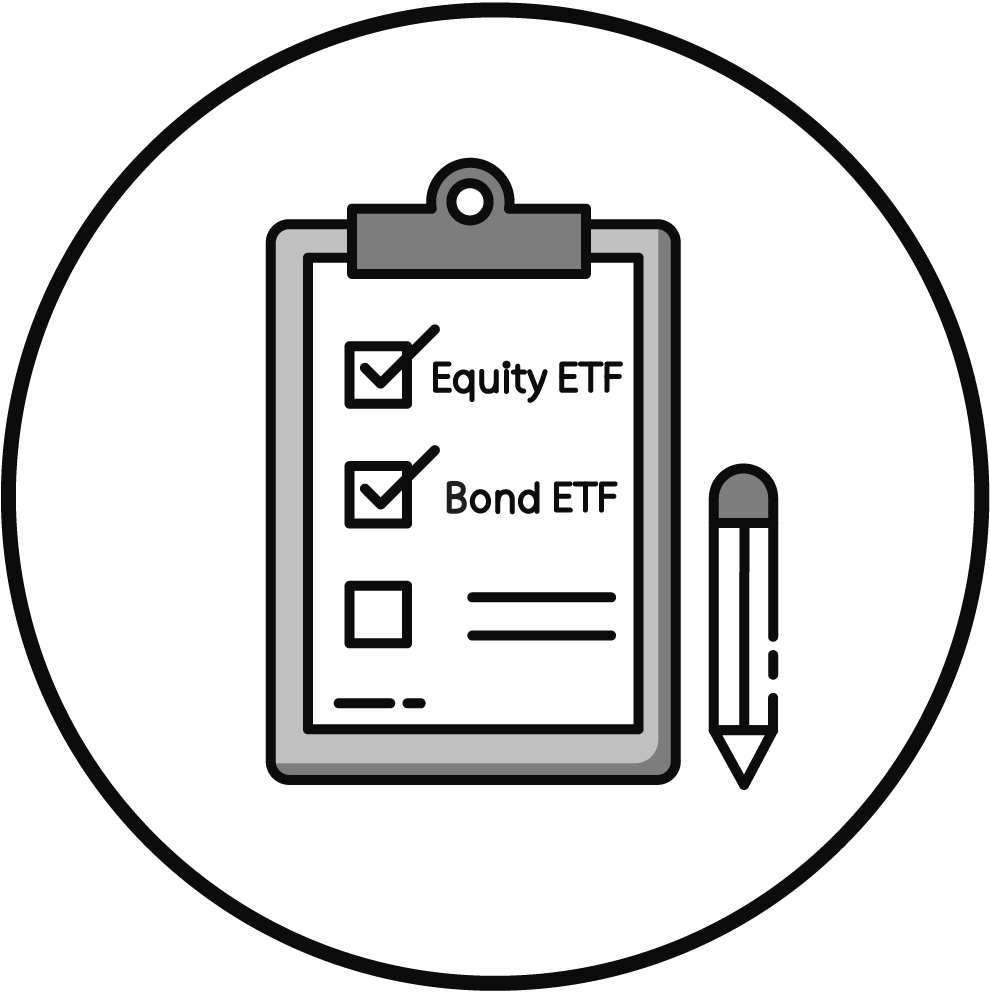Millionaire Expat: How To Build Wealth Overseas (Book Review)

Some of our readers moved to cheaper countries, including in Europe, South East Asia or Latin America. But what are the implications from an investing standpoint?
If you thought that regular investors get a bad deal with their pension providers, read who’s at the top of the predatory food chain – the snakes in suits selling offshore pensions.
KEY TAKEAWAYS
- Expats face unique challenges – financial regulations of both their home country and the host country, different taxation regimes or currency risk. Offshore investment giants like Zurich or Generali International are there to benefit from this lack of knowledge.
- Hallam uncovers their predatory behaviour, as high fees and hidden costs rob expatriates blind. A story reveals the stark reality: paying a $19k penalty was smarter than enduring daylight robbery, echoing a widespread financial deception faced by many.
- Instead, Hallam argues, the same rules of wise investing apply to expats as they do to any other investor. The book summarises the right choices for many: passive over active management, low-cost ETFs, high diversification.
- While the book provides valuable insights into portfolio construction, caution is advised when it comes to book recommendations on sustainable investments. The use of ESG ratings as a primary basis for investment decisions may not be in the interest of the investor, nor the planet. Research also points to poor diversification and lower risk-adjusted returns.
- The book gives a good overview of cheap places to retire. Consider factors such as the cost of living, access to quality healthcare, and community aspects when making relocation decisions.
Here is the full analysis
What is in the book?
The 3rd edition of this book tackles four broad topics:
- Do-It-Yourself Investing For Expats – Index Investing applies to expats as much as it does to any other investor.
- Offshore Investment Schemes – expats are easy prey to international organisations like Zurich or Generali International.
- Model Portfolios for Expats – Taking a view of expats from the US, Canada, UK, Australia and Europe. These sections include Socially Responsible Investing considerations.
- Retire Early Destinations – A quick overview of Latin America, Europe and South-East Asia destinations.
❤️🐶 Shop & Support - Celebrate our 4th anniversary! 4️⃣🎂
Spread the Golden Retriever Wisdom Across Europe & the UK 😎
Banker On Wheels is 4 years old! To celebrate our anniversary we have launched the official merchandise store – Shop.Bankeronwheels.com. You can now get your favourite Golden Retriever, or your factor tilt on a coffee mug or a T-Shirt while supporting our cause! All profits are reinvested into creating more educational content. Alternatively, you can also buy us a coffee. Thank you for all your support ❤️
In Theory, Expats Play the same game
Today, millions identify themselves as expatriates.
Expats and immigrants are similar, except for their financial status.
Expat mobility lends to a multiplier effect with greater earning power leading to greater power to spend, save and invest.
Andrew Hallam explores these themes in his book titled “Millionaire Expat: How To Build Wealth Overseas” and, at first glance, there is a strong likelihood that, unless you’re a complete novice to the world of investing, you would find some of the early messaging being knowledge already held.
Summed up, much of the advice resonates with our mantra of “Invest Wisely” – cheap, passive over active, punting responsibly, and overcoming behavioural biases.
However, if you’re tempted to stop reading, don’t just yet, for it is here that things get interesting.
Their name is Zurich, Generali International, Friends Provident, Old Mutual and Royal Skandia
Hallam takes his readers on a revealing journey into the world of offshore investment schemes and the tactics employed by expats’ financial advisors, including popular names like Zurich or Generali International.
His emphasis, with evidence, is that many investment schemes are cleverly disguised as a transfer of value from the investor to advisors.
Paying $19k of penalities? The right thing to do.
Take, for example, the story of Daniel Rix, an expatriate working in Dubai, who bought an investment-linked assurance scheme called the Zurich Vista Plan from Zurich International and later cancelled it by accepting a $19,000 penalty.
You may ask whether he needed funds, the investment was tanking or he had lost his mind, but the answer would be neither. “It was the right thing to do” was his response and with evidence.
The investment scheme, a cleverly disguised insurance policy, had a sky-high commission and fee structure that came out of Daniel’s pocket – with one estimate putting it at $13,500.
The proof is in the pudding, they say and Daniel’s case is an excellent example of how these investment schemes operate:
- The initial lifecycle of these investment plans, often up to 25 years, is just covering the commission & fees by knocking off these expenditures against the monthly contributions.
- Anyone who encashes early gets hit with costs not recovered – even if the balance in the account statement shows your contributions intact & the profits flowing.
In Daniel’s case, over 3 years his account balance had increased to $40,000 plus but the surrender value was only $21,000 approx.
The differential was charged as a penalty but it was just him putting food on the table for his advisor & / or broker.
A 8% Annual Fee for 22 years. A Daylight Robbery.
Yes, he could have stuck it out for 25 years some of you may argue but Hallam, pre-empting that base human desire to persevere leads us to the folly of our misguided hope.
It turns out, with remarkable accuracy, that the $21,000 Daniel was able to redeem from his investment account with Zurich International if invested in a diversified portfolio of low-cost ETFs would yield more than the projected value of his account had he not redeemed.
The reason lies in the high fee structure that these investment schemes have:
- An 8% Welcome ‘Gift’ – The 8% fee is per annum, over 22 years (!) on Daniel’s initial contributions of $18,000.
- An additional 3.5% Fee on any other amount – hidden may be platform fees, annual fees, additional annual charges, management fees, expense ratios, mirror funds fees & actively managed fund fees.
Fortunately, like Daniel, many have opened their eyes to the daylight robbery being inflicted upon them:
- Farai Patrick Dunduru, a Zimbabwean expatriate in Dubai canceled his policy & lost all his contributions in the first 6 months realizing that the longer he stayed, the higher the opportunity costs.
- Mark Gray is another expatriate in Doha who walked away after just 6 months after being duped into buying a similar product by his wealth manager at HSBC, one of the world’s oldest & largest banks.
The unfortunate part is that Zurich International is not the only one. Generali International, Friends Provident, Old Mutual & RL 360 all engage in this predatory behaviour.
In fact, some of them have designed products to encourage loyalty by giving bonuses for sticking around. Guess what? These bonuses are paid by more fees hidden & repackaged under some other name!
Hiding Information
Hallam exposes the deceitful nature of the industry with several examples of withholding information from prospective clients on fee structure, implying that most people had no idea what they were signing up for.
The case of the Australian Tuan Phan who clearly stated he didn’t want an insurance wrapper but was still sold one by using his signatures on a form he hoped would be discarded tells you just how corrupt the lay of the land is.
The question is, just how easy it is to dupe investors into this, and unfortunately, the answer lies in how expert advisors play the psychology game. With their compensation tied down to how much they can sell, it is fair game for advisors to talk slick, oversell and camouflage the finer details.
They prey on a severe lack of knowledge that expatriates have on how their national pensions work given their offshore residency status. Everyone is concerned about saving for retirement and unfortunately, as Hallam exposes, not enough effort is made by investors to understand their situation. The urge is to invest before it’s too late. This anxiety opens the door for the snakes in suits.
Model Portfolios
What to take from the book
The sections dealing with indexing investing, the role of bonds, mitigating market volatility through automation, dollar cost averaging and the behavioural aspects of maintaining discipline, exhibiting patience and a willingness to adapt, specifically the example of Yasmin Tahira Sewgobind, are on point.
Backed by data, most of these index investing conclusions whether from the angle of US, UK, Canadian or European Investor are correct.
What You May Want to Skip
Armed with our professional experience in ESG, we have been recently laying bare the truth behind the sustainability movement, by spending close to six months going through most academic research.
Unfortunately, Hallam falls prey, directly or implicitly through the ETF recommendations, to the myths that Wall Street has had many believe – that ESG ratings are about protecting the environment, or that there could be an outperformance, although academic research debunks this.
Some examples include:
- No Distinction Between ESG and SRI – although funds mix them. The recommendations on sustainability generally rely on ESG ratings which, backed by research, is a flawed approach. ESG ratings are not designed to protect the planet.
- Not Accounting For Risk – In some conclusions, including on page 140, the author fails to adjust for risk when presenting evidence of SRI vs. benchmark, e.g. S&P 500. To the naked eye, it may seem that there is no difference in risk between the two strategies. But as we’ve seen, on a risk-adjusted basis, so regressing on Risk Factors, those funds do not generate any alpha or risk-adjusted outperformance.
- Underperformance – SRI Funds are, according to research, bound to disappoint. From a purely economic perspective, the optimal return-to-risk ratio is achieved for a portfolio that invests in the lowest, not the highest rated firms. Investors must accept not only lower expected returns, but also lower risk-adjusted expected returns, to invest in accordance with their sustainability preferences. The same conclusions are reached by Larry Swedroe and Samuel Adams, that compiled dozens of academic papers on the topic.
- Low Diversification – For example, the sustainable portfolio recommendations for European investors on page 229 endorse the iShares MSCI World SRI UCITS ETF with just 373 holdings. Its non-SRI version has over 1,500 names. Lower diversification is suboptimal from a portfolio construction perspective. This ETF has the same major flaws as its MSCI USA equivalent. Do you really want to remove Apple, Amazon and Google from your portfolio?
The regulatory action against sustainability ratings in Europe is now hard evidence of a crackdown against the campaign of ESG misinformation.
The crux of our difference of opinion centres around how the present recommendations in the book around sustainable investments may lead to lower diversification and lower risk-adjusted returns.
From Bankeronwheels.com
Get Wise The Most Relevant Independent Weekly Insights For Individual Investors In Europe & the UK
Liked the quality of our guides? There is more. Every week we release new guides, tools and compile the best insights from all corners of the web related to investing, early retirement & lifestyle along with exclusive articles, and way more. Probably the best newsletter for Individual Investors in Europe and the UK. Try it. Feel free to unsubscribe at any time.
🎁 In the first email, you can download a FREE comprehensive 2-page checklist to construct & monitor your portfolio and clean up your personal finances.
A MINI Guide to RetireMENT IN A LOW-COST COUNTRY
Hallam rounds up the book with some insights into this question, and some of the focus on low cost of living while building wealth would be of massive interest to the FIRE clan. His assessment of Portugal stands true even today, whereas we have had an up and personal taste of some of his assessment of South East Asia recently.
While the decision will ultimately boil down to a lot of personal choices and circumstances, what is interesting to note is the focus that Hallam places, rightly so, on practical aspects of early retirement and relocation such as affordability and access to quality healthcare with the intangible aspects of community and fulfilment.
With engaging narratives, research-backed insights, and practical advice, this book is a must-read for expatriates looking to achieve long-term financial success and embrace the adventure of retirement abroad.
We hope future editions will revise the sections surrounding sustainability recommendations backed by empirical evidence.
Good Luck and Keep’em* Rolling!
(* Wheels & Dividends)

Weekend Reading – BlackRock Launches New iBonds, Truth About €1M Broker Insurance & BOW is 4 years old!

The Truth About €1 Million Broker Guarantees

4 Things I Learned In 4 Years Of Running A Finance Blog

Dodl By AJ Bell Review – AJ Bell’s Younger Brother

Vanguard LifeStrategy Review – A Retriever In A Babushka Doll

Why Do Portfolio Managers Care About Factors? It’s Not What You Think.
HELP US
🙋 Wondering why finding honest Investing Guidance is so difficult? That’s because running an independent website like ours is very hard work. If You Found Value In Our Content And Wish To Support Our Mission To Help Others, Consider:
- 📞 setting up a coaching session
- ☕ Treating us to a coffee
- 🐶 Purchasing Our Official Merchandise
- ❤️ Exploring Other ways to support our growth, both financially and non-financially.
DISCLAIMER
All information found here, including any ideas, opinions, views, predictions expressed or implied herein, are for informational, entertainment or educational purposes only and do not constitute financial advice. Consider the appropriateness of the information having regard to your objectives, financial situation and needs, and seek professional advice where appropriate. Read our full terms and conditions.






















